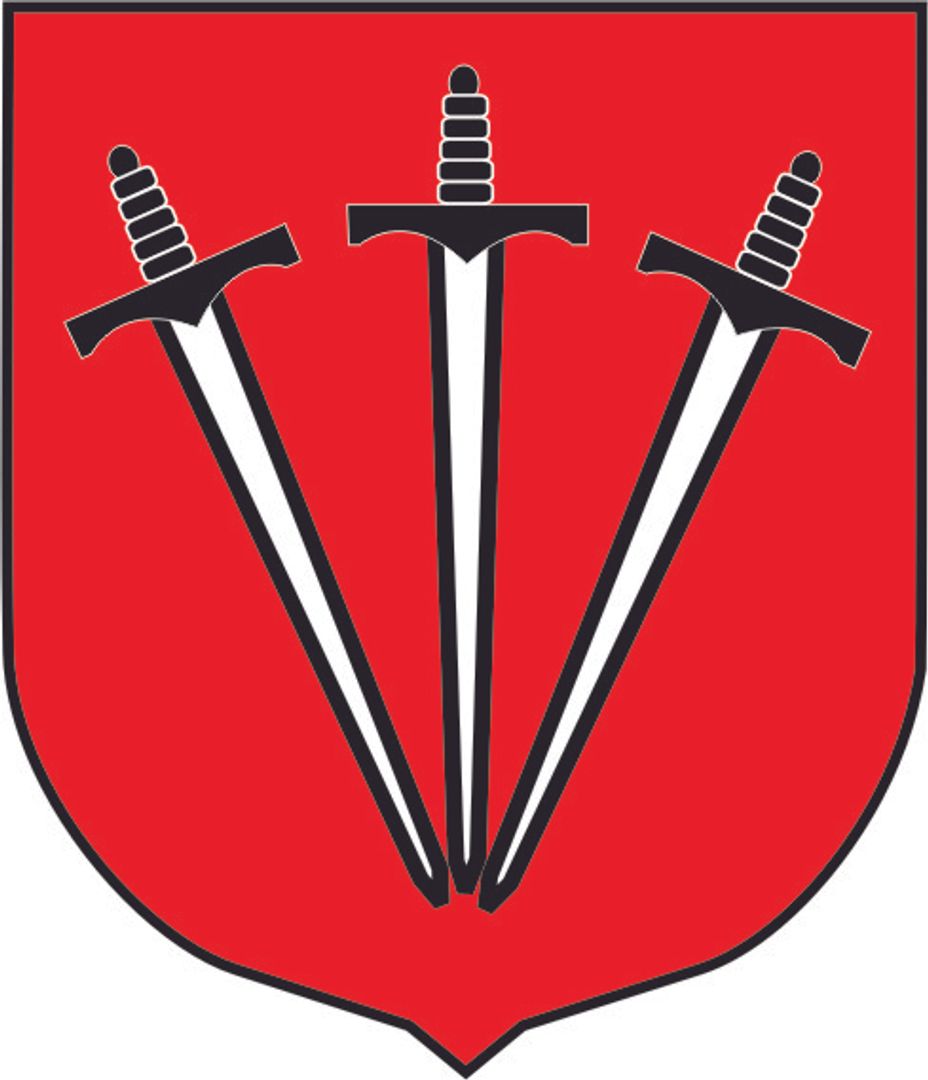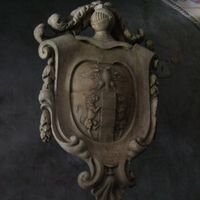Zator
6.14

Overview
Located in the Lesser Poland Voivodeship, in the Oświęcim County, Zator is a town with a rich history and tradition. Its name derives from the word "zator," referring to natural obstacles in the course of a river. The first mentions of the settlement date back to 1228, and it was granted town rights in 1292. In the Middle Ages, Zator was an important trade center with a border stronghold. At the peak of its prosperity, it served as the capital of the Duchy of Zator and was the seat of a bench court.
Zator is known for fish farming, especially of the royal carp, and for cyclical events such as the Zator Carp Days. The town boasts numerous architectural monuments, including the Church of St. Adalbert and St. George with Gothic elements, and a palace rebuilt into a magnate residence. Zator also features relics of medieval town walls, numerous statues of saints, and avenues of monumental trees.
Modern tourist attractions include popular amusement parks such as Energylandia and Zatorland, as well as numerous cycling trails and fishing spots. The town maintains extensive international cooperation, with partnerships in Hungary, Slovakia, and Switzerland. In 2019, Zator had a population of 3,664.
Location
Tickets
Powered by GetYourGuide
You can also find here:
2026 Wizytor | All Rights Reserved

